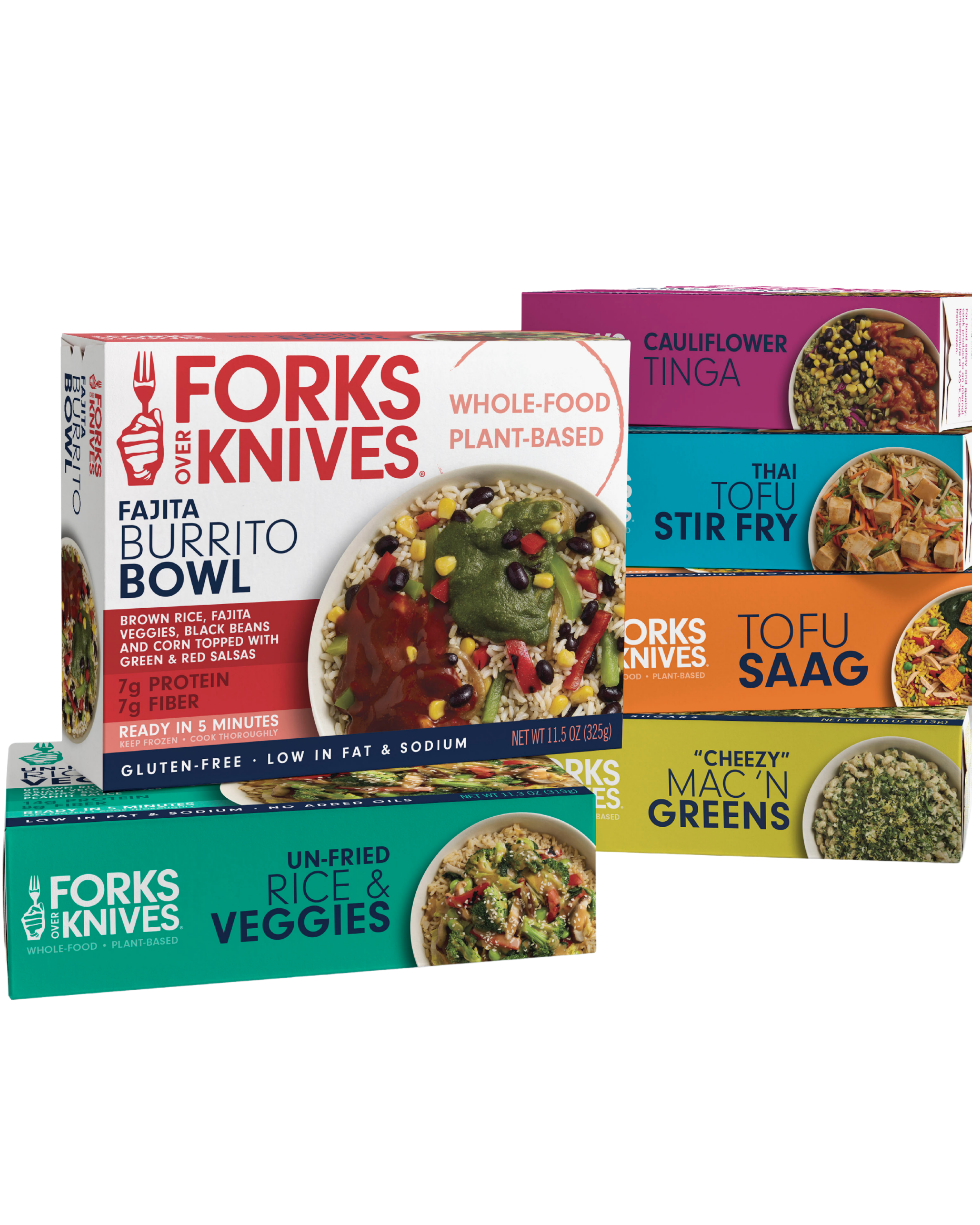A large-scale study offers new evidence that a plant-rich diet may reduce one’s risk of dying from cardiovascular disease, dementia, and other causes. The study, published in the Journal of the American Heart Association, was based on data from the Women's Health Initiative, a long-term national study that tracked health outcomes for more than 100,000 post-menopausal women from the mid-1990s through 2017.
The researchers categorized WHI participants according to the levels of plant protein and animal protein the women reported eating. They then determined mortality rates within each group. They found that the group who ate the highest levels of plant proteins were less likely to die of cardiovascular disease, dementia, and all causes, compared with those who ate the least amount of plant proteins.
Those who ate the most red meat (processed and unprocessed), eggs, and/or dairy products were more likely to die of cardiovascular disease than those who ate the least amount of those foods. Additionally, processed meat consumption was linked to a 20 percent higher risk of dying from dementia. These associations were found after adjusting for age, ethnicity, and lifestyle factors (including other dietary factors).
The Bigger Nutritional Picture
The study authors say that these results indicate the importance of considering the total nutritional package of a food, not just how much protein it has. “The distinct risk of mortality between animal and plant protein sources ... could be attributable to other nutrients coexistent in these foods,” they wrote. “For example, nuts contain less saturated and more unsaturated fatty acids compared with red meat, and were associated with lower risk of mortality. Dietary cholesterol and choline, which are mainly from red meat and eggs, have been shown to be associated with higher risk of mortality.”
Lead author Wei Bao, MD, PhD, says that the research should be taken into account when formulating dietary guidelines. “Current dietary guidelines mainly focus on the total amount of protein, and our findings show that there may be different health influences associated with different types of protein foods,” said Bao, who is an assistant professor of epidemiology at the University of Iowa in Iowa City.
The results are in line with the results of a 2018 study that found that healthy plant-based diets were associated with a lower risk of all-cause mortality. It also adds to the robust body of research demonstrating that animal-based foods increase the risks of developing and dying from cardiovascular disease, while plant-based foods decrease those risks. In recent years, researchers have begun to more closely examine whether plant-based diets may also be protective against dementia, with one study finding that vegetarians had a 38 percent lower risk of dementia even after adjusting for age, sex, physical activity, smoking, alcohol consumption, hypertension, diabetes, heart disease, and other factors.
To learn more about a whole-food, plant-based diet, visit our Plant-Based Primer. For meal-planning support, check out Forks Meal Planner, FOK’s easy weekly meal-planning tool to keep you on a healthy plant-based path.
Related News
Get Our Best Price On The Forks Meal Planner

Forks Meal Planner takes the guess work out of making nutritious meals the whole family will enjoy.
Master Plant-Based Cooking!

Our new course features over 100 lessons, 50+ recipes, downloadable guides, and more!
New Frozen Meals!

Introducing our new frozen meals: Doctor-recommended, chef-crafted, & ready in minutes.




